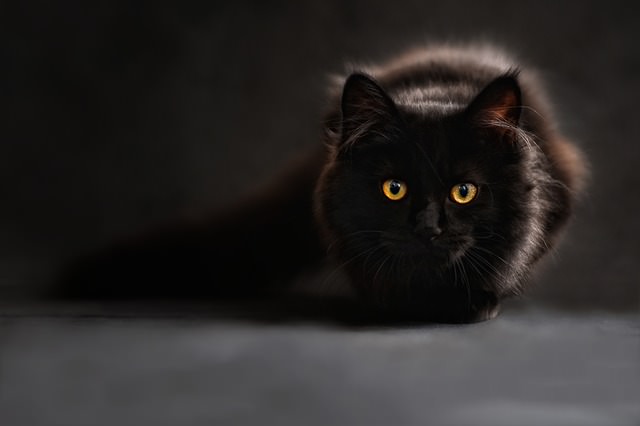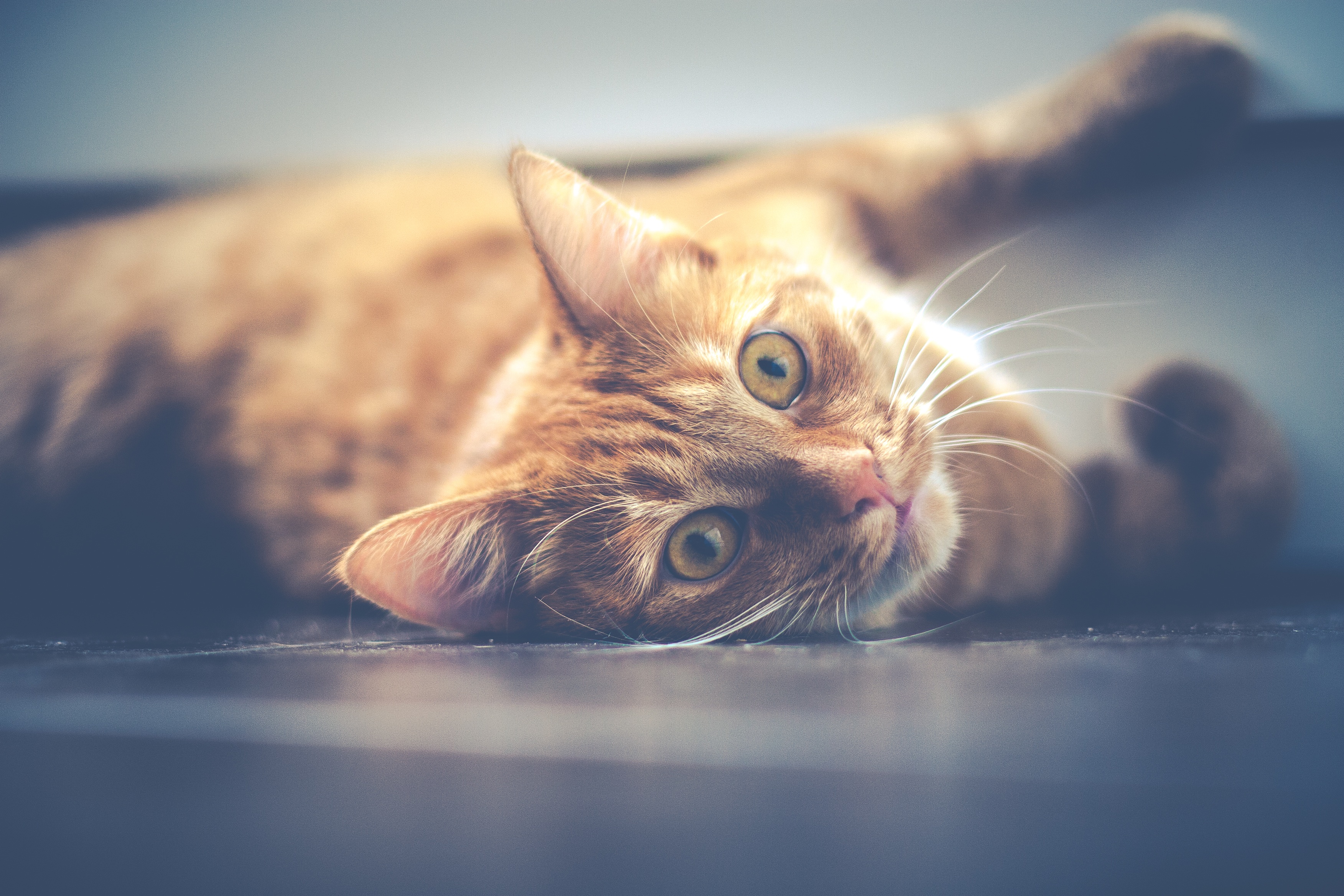Have you ever noticed that you and your cat do not run on exactly the same schedule? For those of us that are aroused from deep sleep, it feels like the middle of the night, but actually most cats choose to wake up and be active in the wee hours of the morning and at dusk because cats are crepuscular (active at dawn and dusk). The dusk activity is less worrisome because we are also awake at this time of day, but the super early mornings are no fun for us humans at all!

Many believe that cats are genetically programmed for this inclination because their wild feline ancestors preferred to be most active when other larger and more dangerous nocturnal predators are not.
This tendency for our house cats does not mean that we will never sleep a full night again however. There are certainly ways to modify your cat’s internal clock. Don’t forget that your little carnivore is left at home with little to do while you are off doing human things. She instinctively wants to chase and hunt, but with you as her attentive provider, she does not have to. She is probably bored due to lack mental and physical stimulation.
Try to find ways to meet your cat’s need to think and to move. Playtime should be a daily ritual. Find interactive toys that make to him chase and pounce. Give him an outlet for his natural restlessness. A happy cat is more likely to be calm and sleep well (maybe when you are sleeping).
When the play ritual ends, be sure to feed your cat her regular meal, so hunger does not drive her to wake you. After dinner, some quiet time may help her gear down. Make sure you never reward her for waking you. If she knows that she can wake you and you will get up and put food in her bowl, she will be even more driven to disturb you.

Before you try to train your cat, you should make sure there is no medical cause for her to disrupt your sleep. Some disorders can create pain or restlessness that can be confused with the natural tendency. Senior cats suffering from dementia, kidney disease, or hyperthyroidism have all been reported to increase nighttime activity. Be sure to alert your vet if this is a brand new behavior for your cat.
All cats (even ones that stay exclusively indoors) should see a veterinarian at least yearly because cats are masters at hiding disease. Your cat is not so far removed from her ancestors in this trait either. Wild animals always try to hide weakness and pain for fear of being targeted by a predator as an easy kill. Your vet knows this also and may recommend some diagnostic testing to double check her overall health. Don’t worry, your vet (especially if he/she is Fear Free Certified) will make certain that getting samples is not stressful for your cat.
If there is a medical reason for the disrupted sleep, all your efforts to retrain will fail and you and your cat will both suffer needlessly.
Do you love cats? Find me on Facebook by clicking here.

